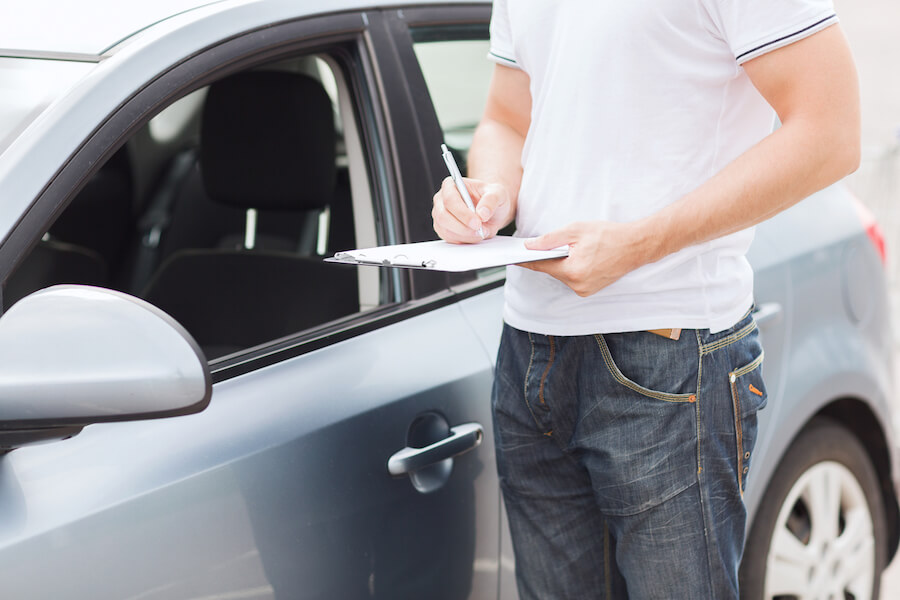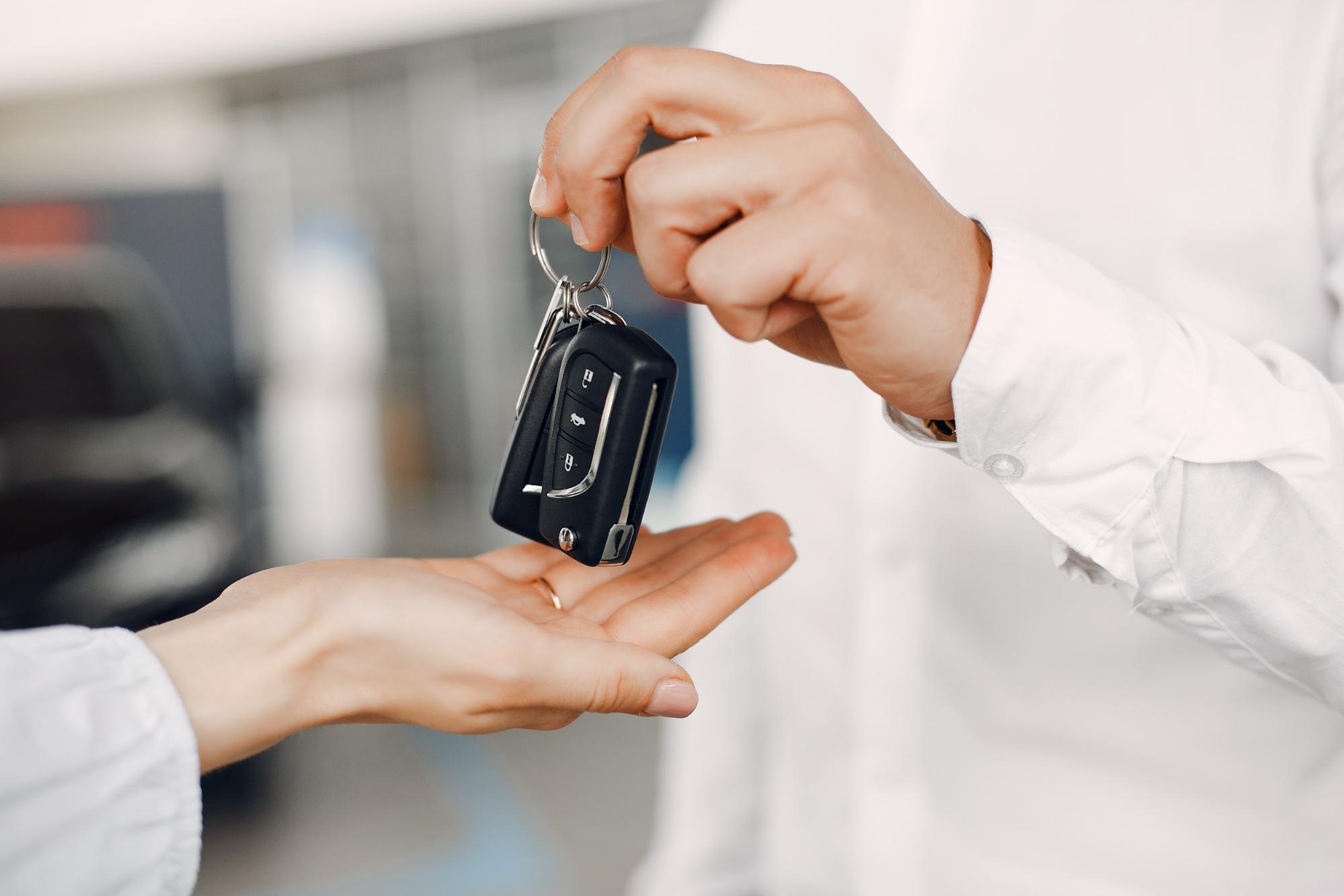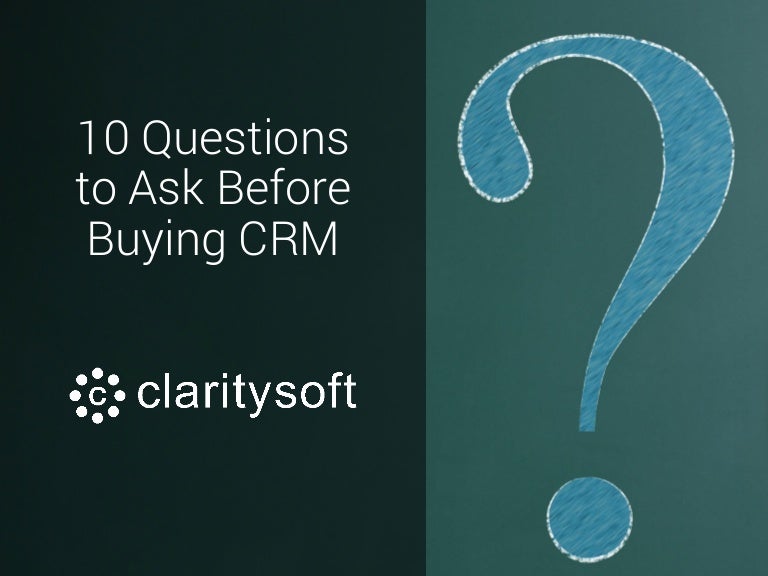Research and Preparation: The Key to a Successful Purchase
When it comes to buying a second-hand car, research and preparation are crucial to making an informed decision. Before starting your search, it’s essential to determine your budget and what you’re looking for in a vehicle. Consider factors such as the car’s make and model, year, mileage, and condition. Knowing what to ask when buying a second-hand car can help you avoid potential pitfalls and ensure a smooth transaction.
A good starting point is to research the market value of the car you’re interested in. Websites like Kelley Blue Book or Edmunds can provide you with an estimate of the car’s value based on its make, model, year, and condition. This information will help you make an informed decision when negotiating the price. Additionally, checking the vehicle’s history report can reveal any potential issues, such as accidents or previous owners. Services like Carfax or AutoCheck can provide you with a detailed report.
Preparing a list of questions to ask the seller is also vital. This should include questions about the car’s condition, maintenance history, and any repairs or issues. Having a list of questions will help you stay focused and ensure that you don’t forget to ask anything important. Some examples of questions to ask include: What is the car’s maintenance history? Are there any existing problems or issues? Has the car ever been in an accident? Are there any recalls on the vehicle?
By doing your research and preparing a list of questions, you’ll be well-equipped to make an informed decision when buying a second-hand car. Remember, knowing what to ask when buying a second-hand car can save you time, money, and potential headaches down the road.
Inspecting the Vehicle: What to Look for and Ask
When buying a used car, inspecting the vehicle is a crucial step in the process. It’s essential to know what to look for and what to ask the seller about any issues or concerns you may find. A thorough inspection can help you identify potential problems and avoid costly repairs down the road.
Start by inspecting the exterior of the vehicle, looking for any signs of damage or wear. Check for dents, scratches, and rust spots, and make sure all lights and signals are functioning properly. Also, check the tires for wear and make sure they are properly inflated.
Next, inspect the interior of the vehicle, looking for any signs of wear or damage. Check the upholstery, carpets, and dashboard for any stains, tears, or cracks. Make sure all features, such as the radio and air conditioning, are working properly.
When inspecting the engine, look for any signs of leaks or damage. Check the oil and coolant levels, and make sure the belts and hoses are in good condition. Also, check the transmission and brakes for any signs of wear or damage.
It’s also essential to check the vehicle’s safety features, such as the airbags and anti-lock braking system (ABS). Make sure all safety features are functioning properly and that there are no warning lights on the dashboard.
When you find any issues or concerns during the inspection, be sure to ask the seller about them. Ask questions like: What is the history of this problem? How was it fixed? Are there any receipts or records of the repair? Knowing what to ask when buying a second-hand car can help you make an informed decision and avoid potential pitfalls.
Some additional questions to ask during the inspection include: Are there any existing problems or issues with the vehicle? Has the vehicle ever been in an accident? Are there any recalls on the vehicle? Are there any maintenance or repair records available?
How to Check the Car’s History and Avoid Potential Pitfalls
When buying a used car, it’s essential to check the vehicle’s history report to avoid potential pitfalls. A car’s history report can reveal valuable information about the vehicle’s past, including any accidents, previous owners, and outstanding finance.
There are several services available that provide detailed history reports, including Carfax and AutoCheck. These reports can be obtained by providing the vehicle’s identification number (VIN) or license plate number. The report will typically include information such as:
Accident history: Has the vehicle been involved in any accidents? If so, what was the extent of the damage?
Previous owners: How many previous owners has the vehicle had? Are there any records of the vehicle being used for commercial purposes?
Outstanding finance: Is there any outstanding finance on the vehicle? Are there any loans or liens on the vehicle?
Recalls: Are there any recalls on the vehicle? Have any safety notices been issued?
Using a service like Carfax or AutoCheck can provide you with a detailed report that can help you make an informed decision when buying a used car. Knowing what to ask when buying a second-hand car can help you avoid potential pitfalls and ensure a smooth transaction.
When reviewing the history report, look for any red flags that may indicate potential problems. If you find any issues, be sure to ask the seller about them. Ask questions like: What happened in the accident? How was the damage repaired? Are there any receipts or records of the repair?
Additionally, you can also check the National Highway Traffic Safety Administration (NHTSA) website for any safety recalls on the vehicle. You can also check the vehicle’s warranty and maintenance history to ensure that it has been properly maintained.
By checking the car’s history report and asking the right questions, you can make an informed decision when buying a used car. Remember, knowing what to ask when buying a second-hand car can save you time, money, and potential headaches down the road.
Test Drive Tips: What to Look for and Ask During the Drive
When buying a used car, a test drive is an essential step in the process. It allows you to get a feel for the car’s performance, handling, and any potential issues. Knowing what to ask when buying a second-hand car can help you make an informed decision and avoid potential pitfalls.
Before taking the car for a test drive, make sure you have a checklist of things to look for and ask about. This should include:
Performance: How does the car accelerate and brake? Are there any unusual noises or vibrations?
Handling: How does the car handle on the road? Is it smooth and responsive, or does it pull to one side?
Transmission: Does the transmission shift smoothly, or are there any unusual noises or vibrations?
Brakes: Do the brakes feel spongy or soft, or do they seem to be functioning properly?
During the test drive, pay attention to any unusual noises or vibrations. If you notice anything out of the ordinary, be sure to ask the seller about it. Ask questions like: What is that noise? Is it normal for this car? Has it been checked by a mechanic?
Also, take note of the car’s features and how they function. Check the air conditioning, heating, and radio to make sure they are working properly. Test the car’s safety features, such as the anti-lock braking system (ABS) and electronic stability control (ESC).
After the test drive, ask the seller about any issues or concerns you may have. Ask questions like: Has the car ever been in an accident? Are there any existing problems or issues with the vehicle? Are there any maintenance or repair records available?
By following these test drive tips and asking the right questions, you can make an informed decision when buying a used car. Remember, knowing what to ask when buying a second-hand car can save you time, money, and potential headaches down the road.
Understanding the Paperwork: What to Ask About the Car’s Documents
When buying a used car, it’s essential to review the car’s documents carefully. This includes the title, registration, and service records. Knowing what to ask when buying a second-hand car can help you avoid potential pitfalls and ensure a smooth transaction.
The title is a critical document that proves ownership of the vehicle. Make sure it’s free of any liens or loans, and that the seller’s name is listed as the owner. Ask the seller about any discrepancies or concerns you may have about the title.
The registration is another important document that shows the vehicle is registered in the state and has passed any necessary safety inspections. Make sure it’s up to date and that there are no outstanding fines or fees.
Service records are also essential to review. They show the car’s maintenance history, including any repairs or issues that have been addressed. Ask the seller about any gaps in the service records or any concerns you may have about the car’s maintenance history.
When reviewing the paperwork, ask the seller about any discrepancies or concerns you may have. Ask questions like: Is the title free of any liens or loans? Is the registration up to date? Are there any gaps in the service records?
It’s also essential to ensure that all paperwork is in order before completing the purchase. This includes the sales contract, which should include the price, payment terms, and any warranties or guarantees. Make sure you understand all the terms and conditions before signing the contract.
By carefully reviewing the car’s documents and asking the right questions, you can make an informed decision when buying a used car. Remember, knowing what to ask when buying a second-hand car can save you time, money, and potential headaches down the road.
Warranty and Maintenance: What to Ask About the Car’s Condition
When buying a used car, it’s essential to ask about the car’s warranty and maintenance history. This can help you understand the car’s condition and any potential issues that may arise. Knowing what to ask when buying a second-hand car can help you make an informed decision and avoid potential pitfalls.
Ask the seller about the car’s warranty, including any remaining warranty period and what is covered. Also, ask about any maintenance or repairs that have been done on the car, including any records or receipts. This can help you understand the car’s condition and any potential issues that may arise.
It’s also essential to review the car’s service records, including any maintenance or repairs that have been done. Ask the seller about any gaps in the service records or any concerns you may have about the car’s maintenance history.
Additionally, ask the seller about any outstanding recalls or issues with the car. This can help you understand any potential safety concerns and ensure that the car is safe to drive.
Some questions to ask the seller about the car’s warranty and maintenance history include:
Is the car still under warranty? If so, what is the remaining warranty period?
What maintenance or repairs have been done on the car?
Are there any records or receipts for the maintenance or repairs?
Are there any gaps in the service records?
Are there any outstanding recalls or issues with the car?
By asking these questions, you can gain a better understanding of the car’s condition and any potential issues that may arise. Remember, knowing what to ask when buying a second-hand car can save you time, money, and potential headaches down the road.
Negotiation Strategies: How to Get the Best Deal
When buying a used car, negotiation is a crucial step in the process. Knowing what to ask when buying a second-hand car can help you make a strong case and get the best deal. Here are some tips on how to negotiate the price of the car:
Do your research: Before negotiating the price, make sure you have done your research on the car’s market value. Use tools like Kelley Blue Book or Edmunds to determine the car’s worth.
Know the seller’s motivation: Try to understand the seller’s motivation for selling the car. Are they in a hurry to sell? Are they open to negotiations?
Make a strong case: Use the research and inspection findings to make a strong case for why you should get a good deal. Point out any flaws or issues with the car and explain how they affect the price.
Be respectful and polite: Remember to be respectful and polite during the negotiation process. Avoid being pushy or aggressive, as this can harm your chances of getting a good deal.
Be willing to walk away: If the negotiation doesn’t go in your favor, be willing to walk away from the deal. This shows the seller that you are not desperate and may cause them to reconsider their price.
Some questions to ask during the negotiation process include:
What is the lowest price you are willing to accept?
Is there any room for negotiation on the price?
Can you throw in any extras, such as a full tank of gas or a new set of floor mats?
By following these negotiation strategies, you can get the best deal on your used car purchase. Remember, knowing what to ask when buying a second-hand car can save you time, money, and potential headaches down the road.
Final Check: What to Ask Before Sealing the Deal
Before completing the purchase of a used car, it’s essential to do a final check to ensure everything is in order. Knowing what to ask when buying a second-hand car can help you avoid potential pitfalls and ensure a smooth transaction.
Review the sales contract: Make sure you understand all the terms and conditions of the sale, including the price, payment terms, and any warranties or guarantees.
Check the paperwork: Ensure all paperwork is in order, including the title, registration, and service records.
Verify the car’s condition: Double-check the car’s condition to ensure it matches the description and any promises made by the seller.
Ask about any remaining issues: If there are any remaining issues or concerns, ask the seller to address them before completing the purchase.
Some questions to ask during the final check include:
Is the sales contract complete and accurate?
Are all the necessary documents in order?
Is the car in the condition described by the seller?
Are there any remaining issues or concerns that need to be addressed?
By doing a final check and asking the right questions, you can ensure a smooth transaction and avoid potential pitfalls. Remember, knowing what to ask when buying a second-hand car can save you time, money, and potential headaches down the road.






